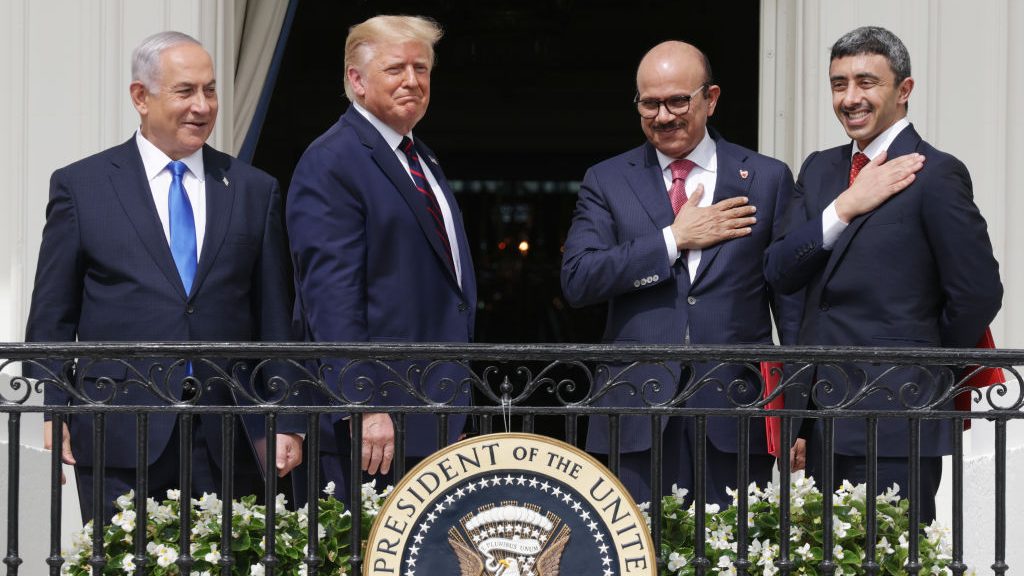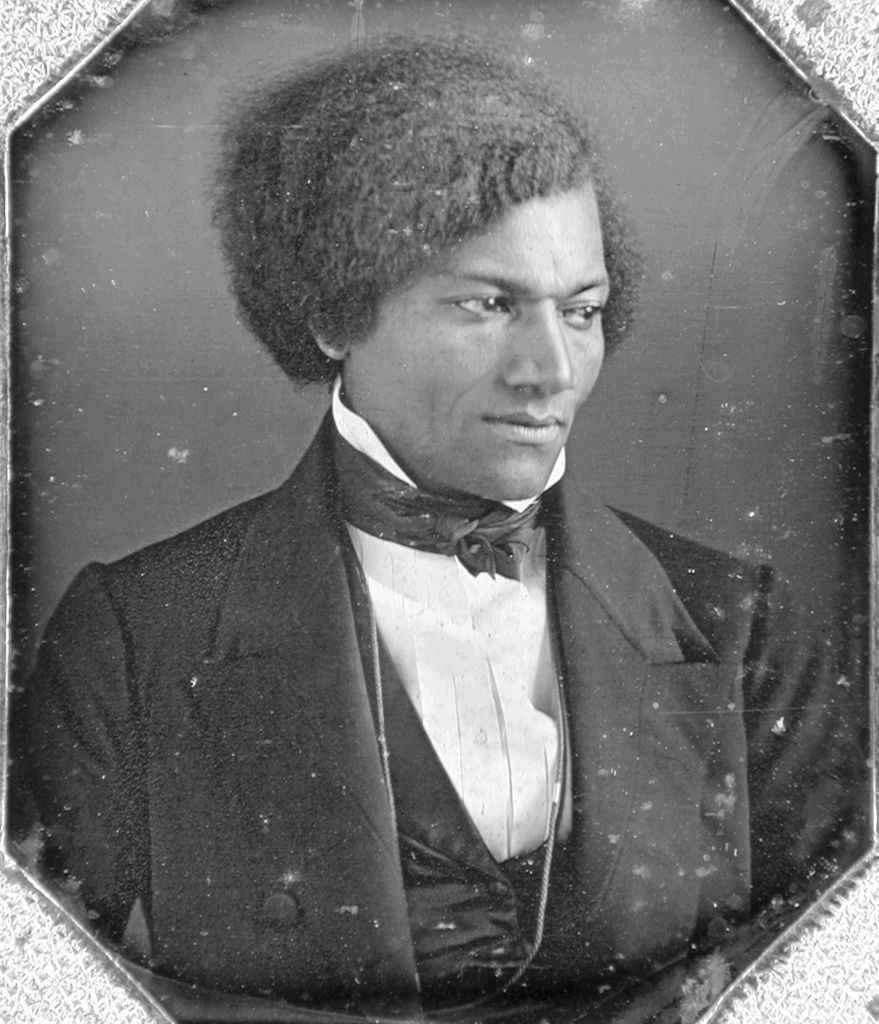Imperialism is making a comeback, which is why I decided to turn this column into a three-part series to put forward my argument as to why that is the case. The often eccentric but also insightful Nassim Nicholas Taleb of “Black Swan” fame (the book about probabilities, not the movie about ballet) recently defended Turkey’s policies towards Syria on economic grounds:
This is NOT 1921.
Syria becoming a Turkish satrapy isn't economically a bad thing: when the war started Turkish GDP was ½ of France, UK (ppp). Today it is abt the same.Recall that W. Syria was the richest Ottoman province (& Roman).
— Nassim Nicholas Taleb (@nntaleb) December 14, 2024
Now, before I go on, I want to be clear that Taleb is a self-aggrandising Israel-hater, but also a great writer with interesting ideas. It is only in geopolitics that his Freudian Id regularly wins out over his Ego (not so much his superego, of which he has – in an unFreudian sense – more than enough). That being said, the idea that countries with centuries of experience in governance should take direct or indirect control over areas that have shown themselves time and again to be incapable of self-governance might not be the worst idea. In fact, in the often-announced multipolar age it might be inevitable.
While I still remain sceptical about the concept of multipolarity, for this would require at least one other country that is equal to the United States in its capabilities, I do think that there will be regional powershifts allowing for regional hegemons to arise. We see this currently happening in the Middle East, and what Taleb is enthusiastically referring to is nothing but a 21st century version of Ottoman imperialism.
In a recent party speech, Turkish President Erdoğan talked openly about his ambitions to “revise the outcome of World War I and annex Syrian territories (formerly Ottoman provinces) into Turkey.” Contrary to Western Europe, where a post-modern and post-nationalist mindset is still dominating the elite mindset, the rest of the world is moving on to a neo-imperialist mindset.
Not all of these “imperialisms” will look the same, but they will all have the same characteristics of pursuing spheres of interests at the expense of neighbouring countries. Russia, for example, is following its traditional playbook of territorial expansion – a strategy as old as Peter I, who also happens to be Putin’s role model. The invasion of Ukraine had many motivating factors from Moscow’s point of view, but as Putin made clear in an essay he himself wrote on the “Historical Unity of Russians and Ukrainians,” there is a clear imperialist motive. The same goes for Russian meddling in Central Asia and the Caucasus as well as the desire to establish military bases in the Middle East and Africa.
China, on the other hand, appears to pursue its traditional model of imperialism via a modern version of the tribute system. Beijing barely ever directly intervenes, but it creates financial dependencies, known as debt-trap diplomacy. China is the world’s largest bilateral creditor, and it would be naïve to believe that Chinese money flows without any strings attached. The Belt-and-Road initiative is a scheme to shield China from sanctions via the creation of resource pipelines (both metaphorically and literally) and make the global South dependent on China. This is a global version of the tribute system made fit for the 21st century: The tributary system was the framework through which China managed its foreign relations from around the Han dynasty (206 BCE–220 CE) to the Qing dynasty (1644–1911/12).
Much to the chagrin of Moscow, I would suspect that China views its relationship with Moscow through a similar lens. Beijing grants a certain level of autonomy to those within its tributary system, but leaves no doubt who is in charge. Contrary to those who believe that there will be eternal friendship between China and Russia, the actual conflict potential is substantial. The resources of Central Asia and the future of Siberia are major points of dispute, and Beijing is gradually but insistently asserting its territorial claims over the Russian Far East. For instance, in 2023, newly issued government maps began to feature Chinese names for Russian cities and regions. Vladivostok, a port city located on the Pacific coast of the Russian Far East, is now identified by its Chinese name, Haishenwai.
One can sense a pattern here, with Turkey planning to revise the outcome of World War I, and China wanting to reverse the still lingering consequences of humiliating treaties it had to sign with Western nations in the 1900s. This refers to the so-called “unequal treaties,” which are perceived as forced concessions made to Western powers during a period of Chinese vulnerability. Addressing and rectifying this humiliating chapter in history has been a declared objective of the Chinese leadership. While the current partnership with Moscow may cater to short-term interests, there is a timeline associated with the Sino-Russian relationship, underscored by potential territorial disputes. Having two imperial revisionist powers right next to each other is no recipe for stability. A smart and diplomatically savvy West would know how to exploit these differences, but unfortunately the current cadre of diplomats does not have the skill set nor the historical knowledge to do so.
The United States for its part will continue its imperialism via the dominant role of the US Dollar and the unmatched military capacity of the US Navy and Air Force. Donald Trump made this quite unmistakeably clear in a recent post on his social media platforms:
The idea that the BRICS Countries are trying to move away from the Dollar while we stand by and watch is OVER. We require a commitment from these Countries that they will neither create a new BRICS Currency, nor back any other Currency to replace the mighty U.S. Dollar or, they…
— Donald J. Trump (@realDonaldTrump) November 30, 2024
Donald Trump does not believe in the role of the US as the world’s policeman, but he surely believes in US primacy. “America First” is not the same as “America Alone” and the new administration will pursue an aggressive course reasserting US national interest at home and abroad. There are no signs that Washington will be giving up any of its 750 military bases in the world, and while the US might be a reluctant empire, they are still an empire.
The world is not moving closer to a happy family of “multiple poles” but a world of renewed imperial conflict, and Europe has not yet found its role or purpose in this emerging world. The outline and challenges of this new world order – including demographic decline, technological innovation, and mass migration will be the topic of my next column.






The case for geopolitical optimism